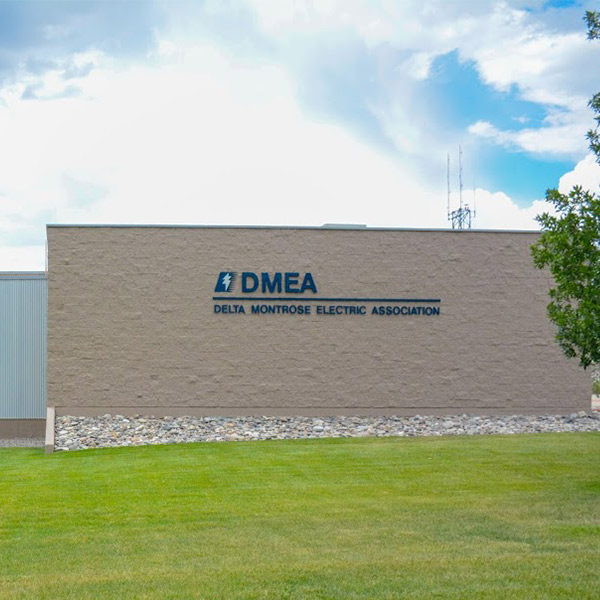Stakeholders appear torn over whether MISO should proceed with a potentially controversial effort to develop reliability guidelines that could establish uniform resource adequacy criteria across its footprint, stepping into territory currently reserved for the states.
With its own studies showing an emerging wintertime loss-of-load risk, MISO has recently signaled that it may define its own system reliability criteria, possibly as part of its ongoing resource availability and need project.
“The transition to a different portfolio is happening, and happening quickly, I would say,” Jessica Harrison, MISO director of research and development, said during a virtual stakeholder workshop Tuesday.
Harrison said MISO faces interconnection of a growing number of gigawatts from intermittent resources.
“There’s a lot more management that has to happen throughout the year,” she said. “There are strong indicators of change, and there are strong indicators that we need to do something.”
While MISO has yet to define what would be the objectives and outcomes of such an effort, officials have said load-serving entities need the RTO to provide more direction on reliability in order to make resource investment decisions.
“People are asking us now, ‘I have a billion-dollar investment. It’s a decade-long asset. Will we need this?’” Executive Vice President of Market and Grid Strategy Richard Doying said at MISO’s Board of Directors meeting last month.
“We need MISO to provide forward-looking guidance,” Xcel Energy’s Kari Hassler said. She said the MISO footprint should operate according to a single set of reliability criteria instead of several disjointed sets established by state regulators.
But other stakeholders said such a requirement would tread on states’ jurisdiction over resource adequacy and their prerogative to create their own resource mixes.
Mississippi Public Service Commission consultant Bill Booth said Mississippi is only looking to MISO to provide annual local clearing requirements and planning reserve margins, which the state adopts only when it agrees with the RTO’s assessment.
“I don’t think Mississippi is looking to MISO for anything beyond those,” Booth said.
But Gabel Associates’ Travis Stewart said inaction by MISO could result in some states developing insufficient resource mixes and enjoying “free ridership,” where one state relies on ratepayers in other states for resource adequacy.
“This is very much the dynamic in some loads,” he said, adding that if loads decide to go 100% solar, they should include reliability mechanisms.
Stewart said MISO can help by developing market rules that send economic signals that incent jurisdictions to build or retire reliably.





